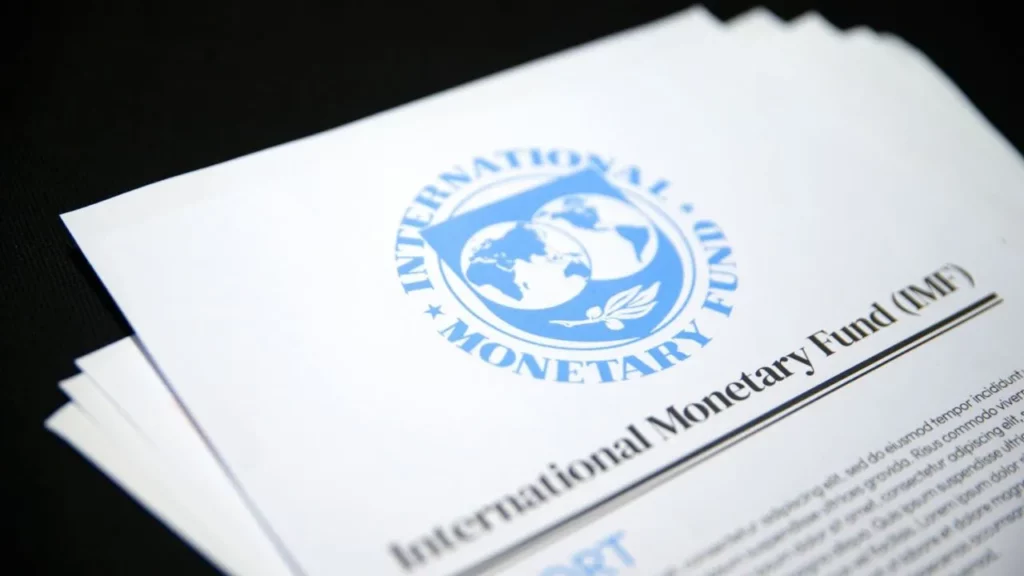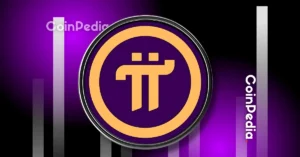
Title: IMF-El Salvador Deal: Bitcoin Compliance Goals Broken, Chivo Wallet Involvement Revealed
The International Monetary Fund (IMF) has recently released a statement expressing concerns over the broken compliance goals in its agreement with El Salvador regarding the use of bitcoin as legal tender. According to reports, the issue centers around the Chivo wallet, which is allegedly involved in non-compliance.
As part of the IMF’s loan agreement with El Salvador, the country was required to implement certain financial regulations and safeguards to ensure transparency and accountability in its economic transactions. However, it appears that these compliance goals have been severely compromised due to the involvement of the Chivo wallet.
Chivo is a digital wallet service provided by the government-backed company, Axcryption. The platform was specifically designed for El Salvadorans to store their bitcoin-based funds securely and conveniently. While Chivo was initially touted as a key component in promoting financial inclusion and stability within the country, it seems that its involvement has instead led to a breakdown in compliance.
The IMF’s concerns stem from reports of significant irregularities in Chivo’s transactions, including lack of transparency, inadequate accounting procedures, and failure to comply with international anti-money laundering (AML) regulations. These shortcomings have raised serious questions about the integrity of the system and potential risks to financial stability.
El Salvador has been criticized for its decision to rely heavily on Chivo as a primary means of facilitating bitcoin transactions. Many experts argue that this concentration of power and lack of regulatory oversight creates an environment conducive to fraud, money laundering, and other illicit activities.
The IMF’s statement emphasizes the need for El Salvador to address these compliance issues promptly and thoroughly. Failure to do so may result in severe consequences, including the suspension or cancellation of financial support packages.
In light of this development, it is unclear whether El Salvador will be able to recover from this setback and maintain its momentum in promoting digital assets as a viable means of economic empowerment. The situation highlights the importance of regulatory frameworks that prioritize transparency, accountability, and ethical standards in the digital currency space.
As the world continues to grapple with the implications of decentralized finance and its role in global economic systems, the IMF’s findings serve as a stark reminder of the need for robust regulations and oversight mechanisms to ensure financial stability and integrity.
Source: news.bitcoin.com


